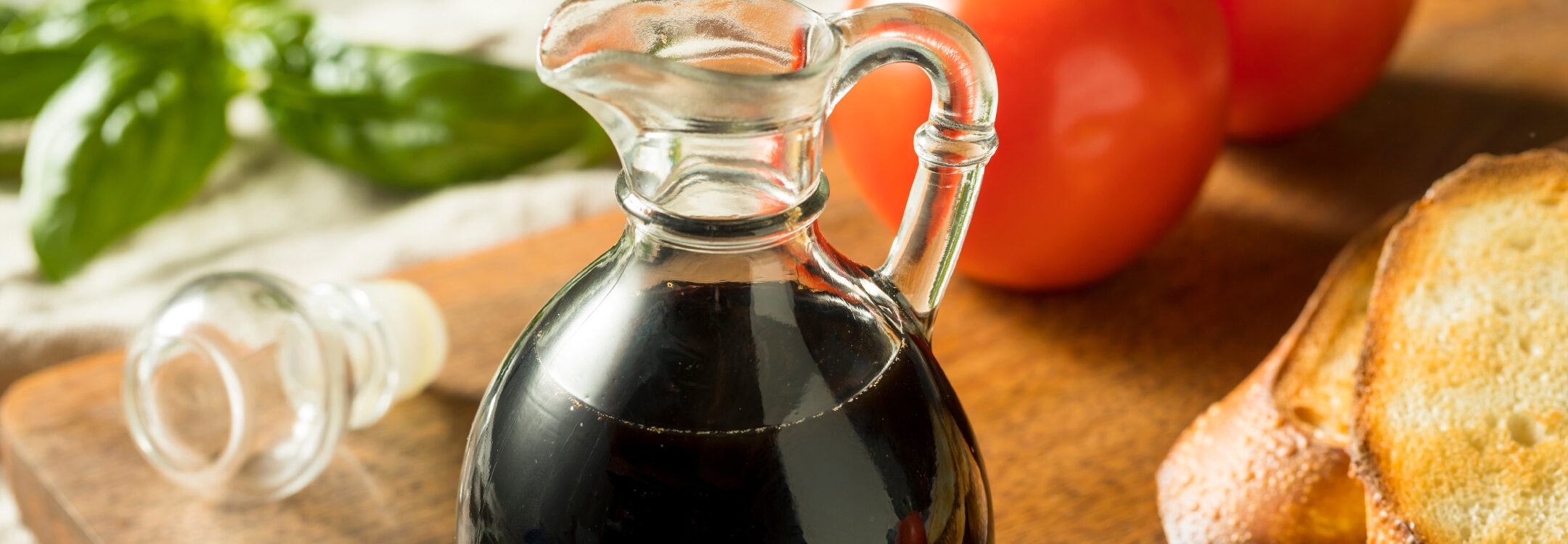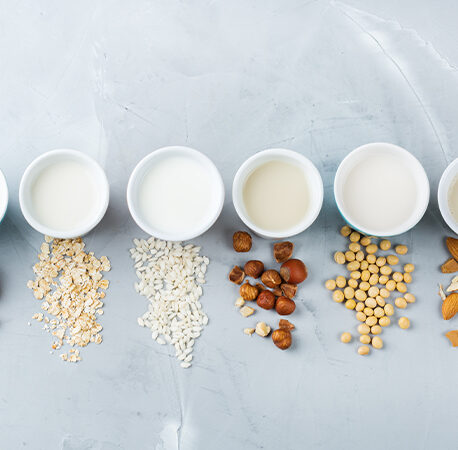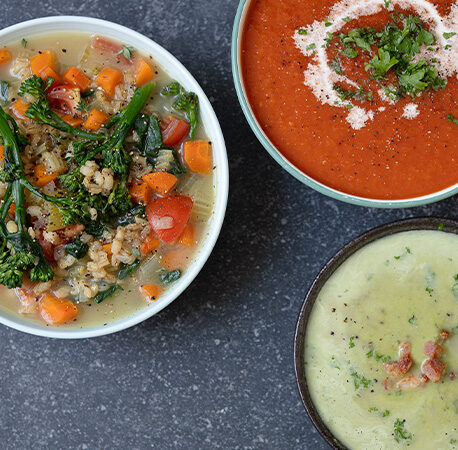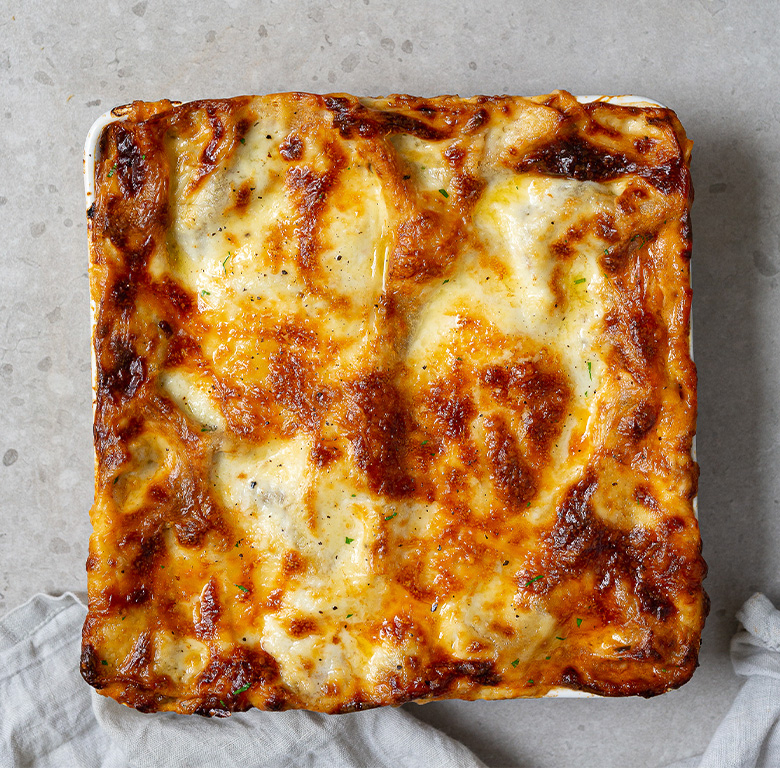Distilled white vinegar is the cheapest and most widely available type of vinegar. While it’s a bit too harsh for most recipes, it’s perfect for making pickles, and is commonly employed for uses other than eating such as sink-scrubbing and window-washing.
BEST FOR: household cleaning.
Malt vinegar is fermented from malted barley and is most commonly associated with fish and chipsWhile its flavour is too strong for mild vinaigrettes and sauces, it is good for more robust applications such as marinades, pickling and chutneys.
BEST FOR: homemade fish and chips.
White wine vinegar is not the same as regular distilled white vinegar. While it isn’t as flavourful as its red equivalent, it can add freshness to rich sauces and vinaigrettes without overpowering other flavours or affecting the colour of the dish.
BEST FOR: vinaigrettes.
Red wine vinegar is a great all-purpose vinegar with a sharp taste, used in salad dressings, marinades, and to give soups a little bite at the very end of cooking. It can be used as a substitute for cider vinegar in most recipes.
BEST FOR: A great all-rounder.
Balsamic vinegar is an Italian classic, revered worldwide for its sticky, sweet characteristics. It is commonly used in or as a salad dressing or marinade, but it also adds a fantastic depth of flavour when added to a stew or chilli. Try it over strawberries and ice cream for a deliciously different summer dessert!
BEST FOR: Italian-style salads, such as a Caprese.
Apple cider vinegar has a mellow sour flavour with some fruity sweetness. It works well in marinades, chutneys and stews. Apple cider vinegar is currently enjoying some time in the spotlight, with many people claiming it’s good for everything from weight loss and blood pressure to migraine and even kidney stones. We can’t guarantee it’s the miracle cure it’s professed to be, but it is handy to have in the kitchen and can be substituted for red wine vinegar where necessary.
BEST FOR: All-round versatility and purported health benefits.
Rice wine vinegar is mostly used in Asian cooking. It has a lighter, sweeter flavour than other vinegars and is ideal for making dipping sauces. (TOP TIP: Don’t get it confused with regular rice wine – make sure the label says vinegar!)
BEST FOR: Asian dipping sauces.






You have to be signed in to comment this post.